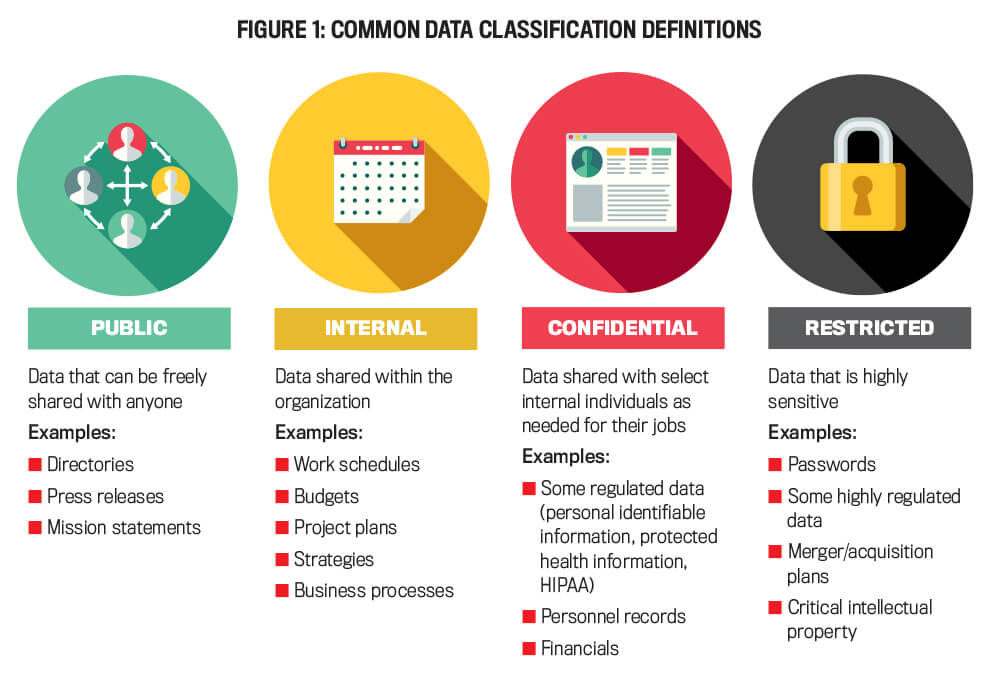Sometimes the Internet is a wild, wonderful and vital place. It can help people all over the world connect, exchange ideas, and learn that the human experience is more varied than ever before. I’ve met some amazing individuals who share my interests, politics, heritage, or even a combination of the three, yet we can be limited by geography or other factors. A few of them I’ve stayed in touch with, even in the past 20+ years.
And sometimes, it’s a dark, scary, and quite intimidating environment. With a few keystrokes anyone can hack into different sites and find out sensitive/personal information; even looking up your name on Google can show rather unexpected (and unwanted) results. I don’t mean to sound paranoid; maybe it’s a byproduct of being raised on the Internet and learning, the difficult way, how to protect yourself and not trust easily. Since I talked about privacy in the last post, I wanted to expand the topic and discuss security this time.
After reading this article on how hackers can easily piece together data from various places, I decided to test my e-mail address. And I was both horrified and intrigued (if there’s such a possible mixture) by what I saw, especially as the years went on and “minuscule” connections (to me) were displayed. My full name, usernames, passwords, phone number and e-mail were involved in 13 data breaches, even in sites/platforms I rarely use or stopped accessing. Any piece of data I share is valuable in the grand scheme of things – companies, governments, and other organizations are willing to shell out money and break ethics to know such information and profit from it. My humanity, my right to privacy and safety doesn’t matter, or maybe it only does on the surface.
Does that sound cynical or too much of an ugly truth? Perhaps it’s a little of both.
Although I’m not a teacher, as a library professional I am becoming familiar with Acceptable [Internet] Use Policies (AUP). Not only are they helpful in teaching people how to use the Internet vigilantly, but they can demonstrate that empowering and educating people on digital citizenship goes a long way in improving the Internet experience for everyone. I looked at the Highland County District Library‘s AUP and was quite surprised. I expected Artificial Intelligence (AI) to be mentioned, yet there isn’t any policy regarding AI or how people can encounter it. Considering the increasing role of AI in our lives, I think this is an oversight to be corrected. The library is part of the Ohio Public Library Information Network (OPLIN), which allows it to provide Internet access to 251 Ohio public libraries for use by Ohio residents, as well as free home access to high-quality, subscription research databases. However, in the Highland County District Library’s disclaimer, most of the information available isn’t generated by the library or by OPLIN. Moreover, it isn’t considered by OPLIN or the library to be complete, accurate or authoritative.
The AUP also states that library staff cannot provide in-depth training or type in personal data. However, they can offer suggestions on what to search and answer general technology questions. Several guidelines follow, which describe the library’s computer reservation rules and time limits (60 minute sessions, unless no one else signs up), what and what not to use the computer for, and the filtering systems for anything objectionable or threatening (including graphic adult material, spyware, and viruses). The library warns that any misuse of the computers will result in loss of Internet access for a period of six months.

Image Source: Strategic Finance Magazine
While I’m not sure about the library’s demographics and community it serves, I didn’t expect the AUP to be so clear-cut. Maybe that was intentional, since people tend to chafe at too many rules and strict policing. I didn’t see an update date, but that doesn’t mean it wasn’t recently revised or some policy changes occurred.
Having AUPs may be considered annoying or an inconvenience, but I appreciate that schools and libraries are adopting them. While librarians cannot always guarantee that privacy is protected, they can educate people on how to safeguard sensitive data and become more responsible and self-aware Internet users.
Leave a comment